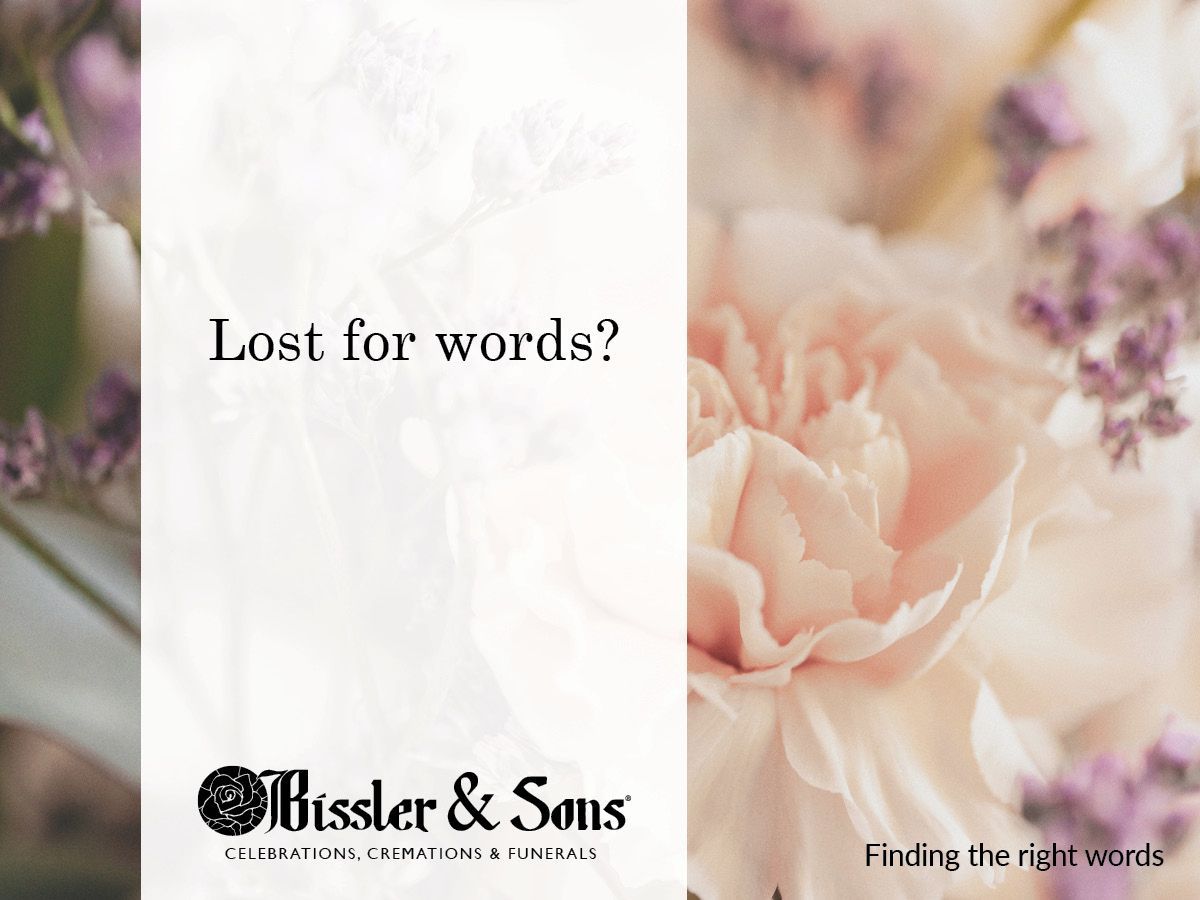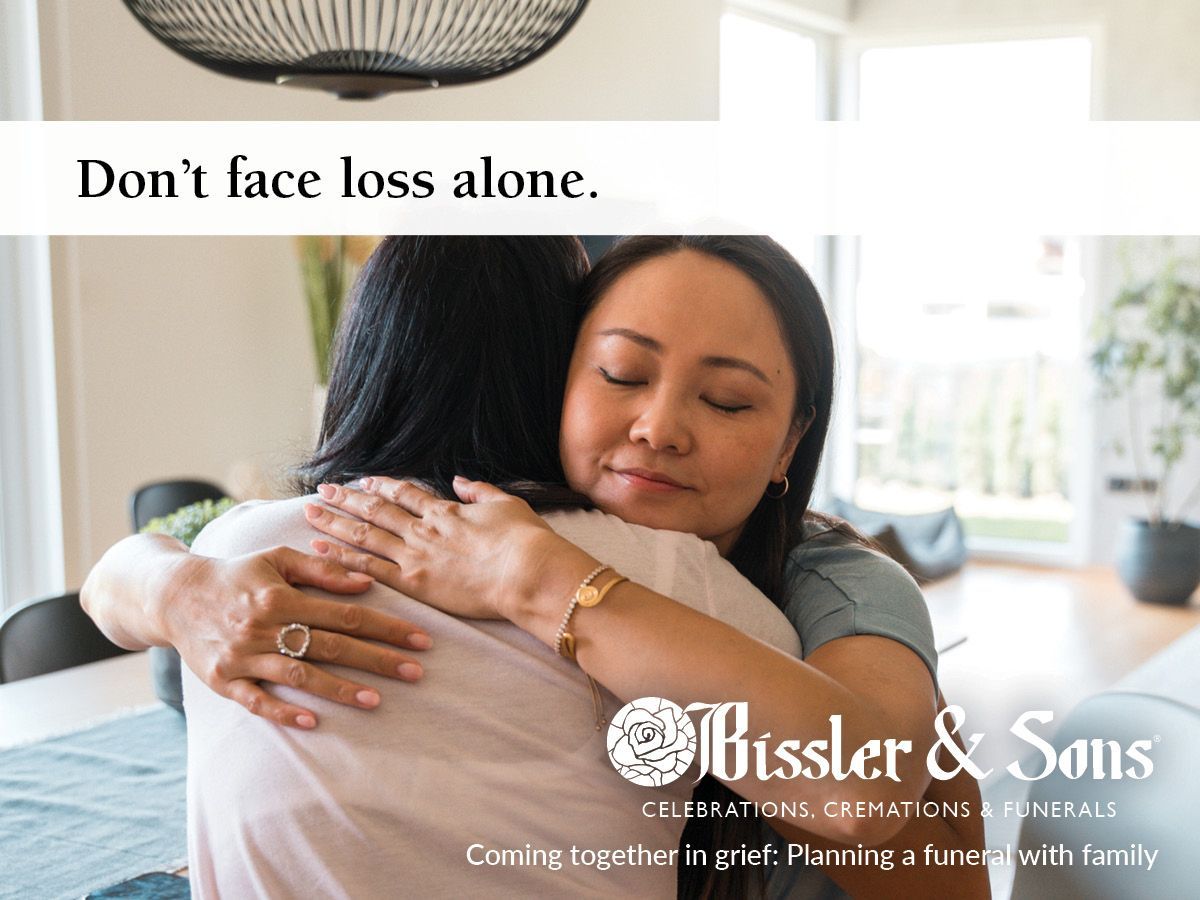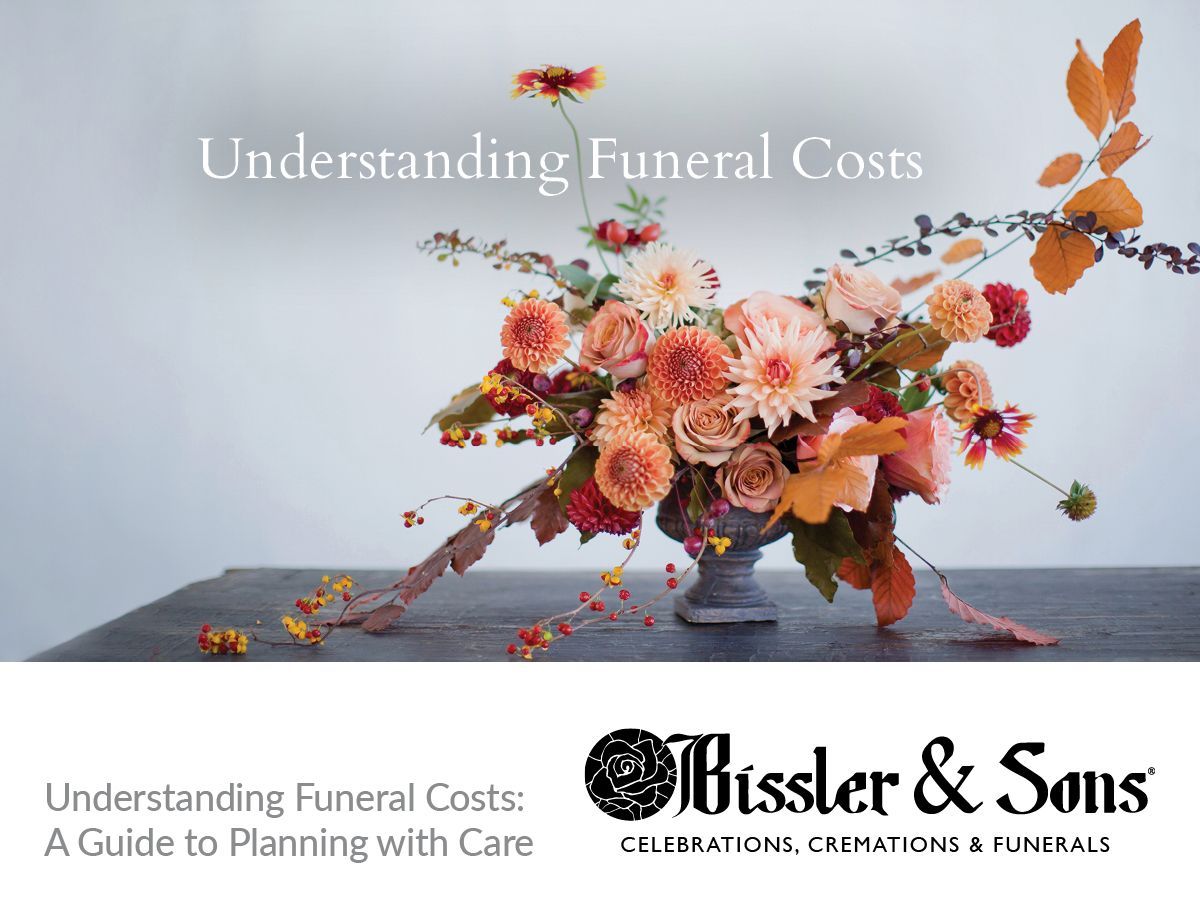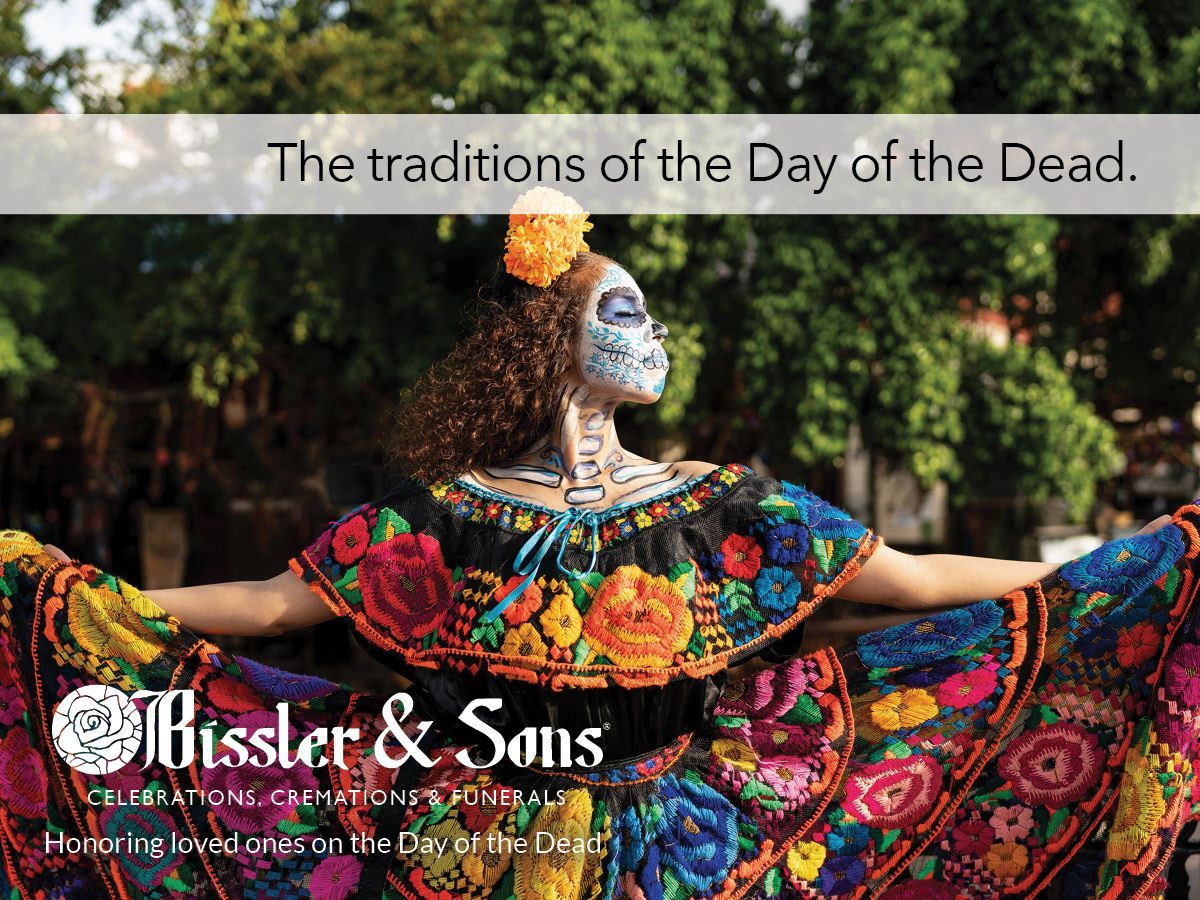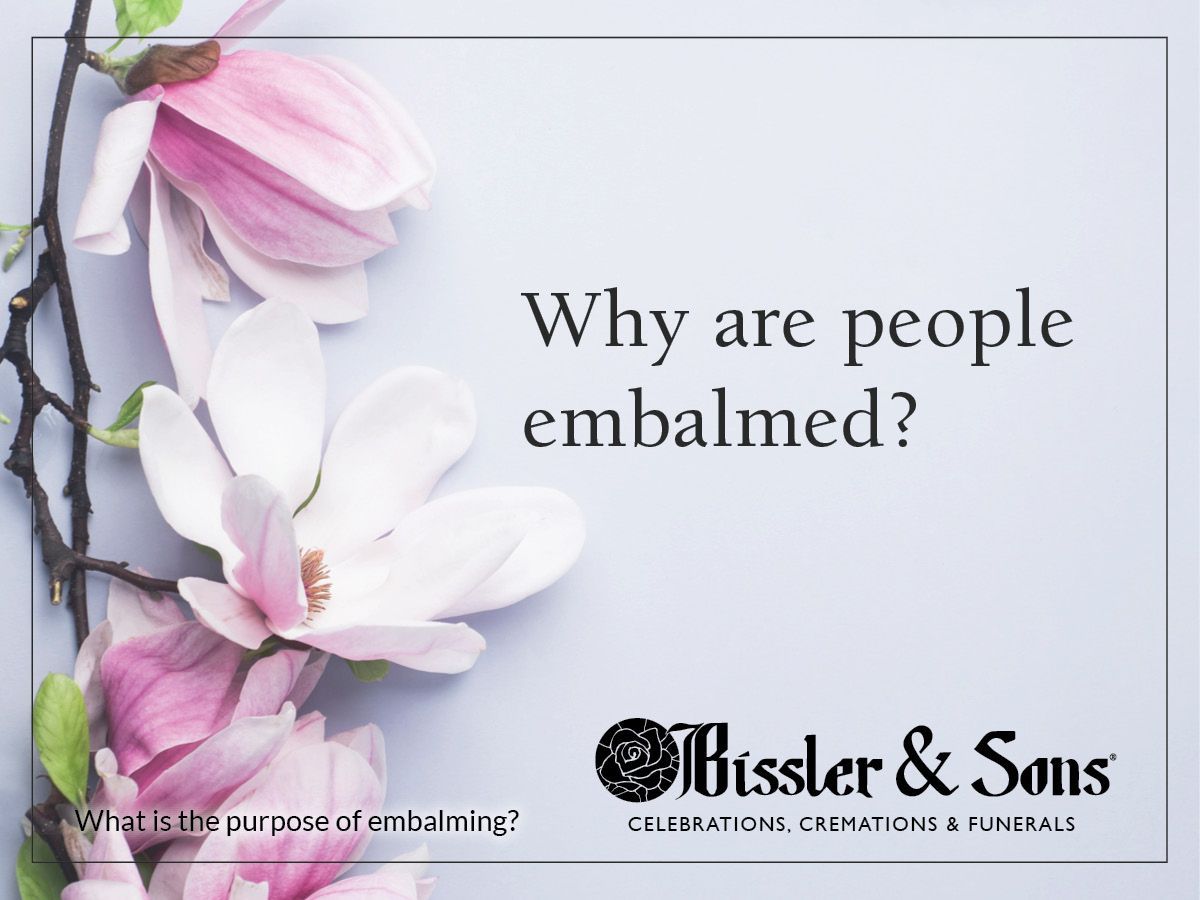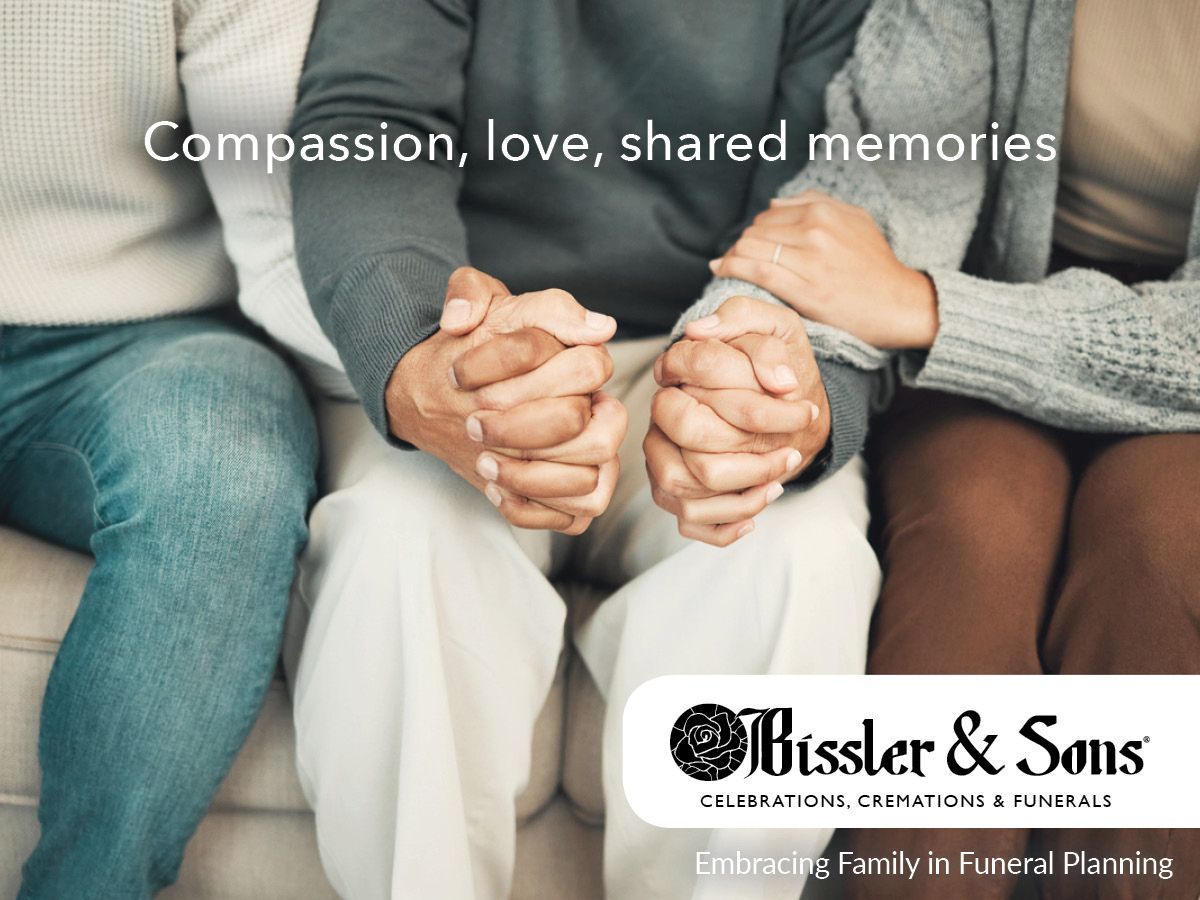Want to Prevent a Family Squabble? Preplan and Prepay for Your Own Funeral
There will come a day when we physically can no longer be here for the ones we love. It can be hard to think about this time, but it’s something every person understands is an inevitability. Knowing that day is coming can mean many questions about the legacy you want to leave behind and the holes that will be created when you’re gone. You may have been a peacekeeper for your family, the one who is always keeping people together. But how can you do that when you’re no longer with them?
When you preplan and prepay for your funeral, you’re making a choice to prevent a family squabble, keeping your family together during one of their most challenging moments. Let’s take a look at the differences preplanning and prepaying make.
How Do Preplanning and Prepaying Prevent a Family Squabble?
1. You’re giving your family a blueprint of what you want your funeral to be like.
Preplanning your funeral, even without prepaying, is a gift. When it comes to planning a funeral, many different people may be involved. Although only one person can be the primary decision-maker that the funeral home refers to for guidance, you may have several family members who want to make major choices. What happens if one person wants a more secular funeral while another is expecting a religious service? Or what if multiple family members insist that they’ll be one to make the eulogy? Or perhaps someone wishes their loved one to be cremated while another is planning a burial. These differing ideas become formulas for a fight.
By preplanning your funeral, you’ll have already made those decisions. Those opposite points of view can spiral into a bigger argument, but not if you’ve made your own desires known. Even if some members of the family still have ideas of how to do things differently, your family will ultimately want to honor your wishes. There will be less space for a fight to develop because you’ve given them the blueprint to your funeral and final disposition. Though there may be some additional decisions to make, your family’s main concern will be enacting your wishes the way you laid them out for them. While they’re focused on following your plans, there will be fewer opportunities for disputes to develop.
2. You’re preventing your family from having to worry about paying for the funeral you want.
Ultimately, the person who passed’s estate is responsible for taking care of the cost of a funeral and final disposition. Nevertheless, it can fall to families to figure out how to make the proper payments. Payment for a funeral is always due at the time of the funeral. Unfortunately, finances are a common source of disagreement among families, and finances for a funeral are no different. Prepaying for a funeral can make those concerns and potential arguments disappear.
While preplanning a funeral is a gift in and of itself, there can sometimes be a misalignment of monetary abilities and funeral expectations. And your family may end up in a squabble as they try to fulfill your wishes without the proper funds. By funding your own funeral, you’re ensuring that they can enact your plans just as you wish, but without having to worry about whether or not they can afford what you’d like to happen.
3. You’re giving your family time and space to grieve without worry.
Hundreds of decisions must be made regarding a funeral and final disposition. For many people, that can feel like a lot of pressure. And though funeral directors will do their best to guide a family through making the right decisions for themselves and their loved ones, fights can emerge from the stress of the decision-making process. In the days following your passing, you don’t want your family to have to spend their time arguing with each other about the details of your funeral. It’s better for them to use that time to grieve in peace.
Families often worry about whether they’re making the right choices when it comes to a loved one’s funeral planning. Without a blueprint to lead them through the funeral planning, they may have concerns about whether they’re creating the funeral that you wanted. Those kinds of thoughts can devolve into fights as multiple family members may believe that the family is making the wrong choices. Rather than waste time worrying, your loved ones will have a more manageable and less stressful experience with funeral planning if you’ve preplanned. They’ll have more time to simply grieve their loss.
4. You’re letting your family spend their time supporting each other rather than fighting each other.
Because these fights can emerge through funeral planning together, families can end up spending their time together at odds rather than supporting one another. Losing a loved one triggers the start of a difficult time. Each of your family members may grieve differently, but many people feel an overwhelming sense of loneliness when they lose someone that they love. Loneliness is a common sign of grief, and one of the best ways to combat it is to not isolate yourself. Unfortunately, isolation can happen when squabbles keep family members separated.
By preplanning and prepaying for your funeral, you’re making these arguments less likely to happen. And by making these fights less likely to happen, you’re preventing your family from having to experience isolation while they’re dealing with the formidable presence of grief. After losing a loved one, family members and friends often experience acute grief, the period when grief may be so difficult to overcome that it interferes with everyday life. This period usually lasts the first few months after a loss, making it all the more crucial that the time immediately after a loved one’s passing is spent with compassion and camaraderie rather than fights.
Preplanning and prepaying for your funeral and final disposition may not remove all opportunities for potential arguments after your passing, but it does help limit them. You want your family to be able to grieve and support each other, but that can be tough to do when they’re at odds over the choices regarding your funeral. But if you give your family a blueprint for your funeral, the time after your passing can be spent together, when they can grieve in peace.
